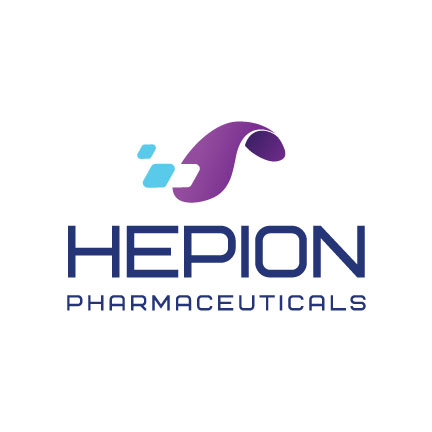
Hepion Pharmaceuticals (NASDAQ:HEPA) reported that its non-alcoholic steatohepatitis (NASH) candidate, CRV431, demonstrated superior antifibrotic efficacy in an expanded human liver study.
The study design and its findings were similar to a previous study conducted by Hepion and FibroFind, a UK-based contract research company, in which CRV431 was tested on tissue from a single human donor.
In the latest study, liver tissue was obtained from three separate human donors and treated with biological inducers of inflammation and fibrosis. The samples were then treated with either CRV431 or one of four other leading NASH drug candidates: obeticholic acid, elafibranor, resmetirom or Aramchol, which were administered at equimolar or higher concentrations than CRV431.
In a combined data analysis of all four donor samples, CRV431 was the only of the five drug candidates that, on average, completely prevented biologically induced fibrosis.
In addition to decreasing gene expression and secretion of several markers of inflammation and fibrosis, CRV431 also diminished endogenous fibrotic activity in untreated diseased liver samples from three of the four donors.
“To date, we have evaluated dozens of investigational drugs from academia and industry, and CRV431 has been one of the most potent and consistent antifibrotic drug candidates that we’ve tested,” Dr. Jelena Mann, CEO of FibroFind, said in a statement.
“Based on our findings, we believe that CRV431 shows strong potential for treating liver fibrosis,” she added.
Dr. Robert Foster, Hepion’s CEO, commented, “Combining the direct antifibrotic actions of CRV431 with the indirect actions of other drug candidates likely represents the best opportunity for rapidly and effectively decreasing liver fibrosis in NASH.”






